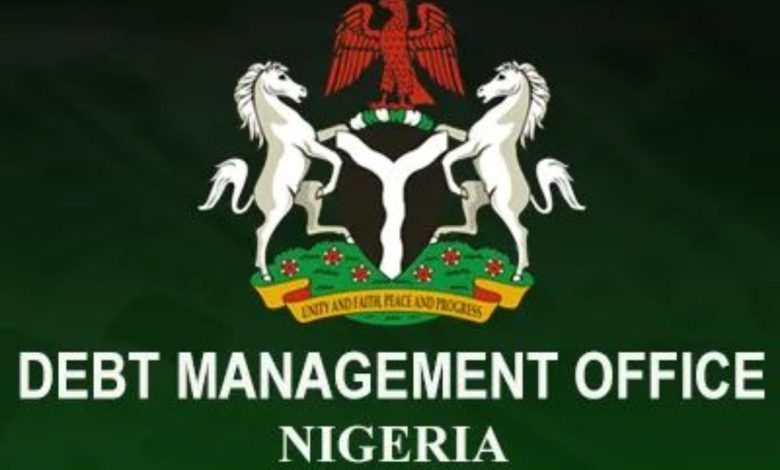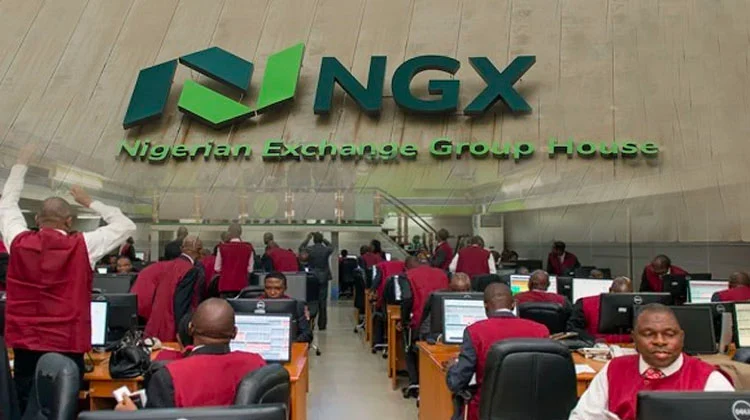
The Debt Management Office (DMO) has announced the successful allotment of N4.34 billion in the April 2025 issuance of the Federal Government of Nigeria (FGN) Savings Bonds, signaling continued investor confidence in the low-risk instrument.
The offer, which opened between April 7 and 11, featured two tenors: a 2-year bond maturing April 16, 2027, and a 3-year bond maturing April 16, 2028.
According to details published on the DMO’s website, both bond series are scheduled to settle on April 16, 2025, with quarterly coupon payments on July 16, October 16, January 16, and April 16 throughout their respective durations.
The 2-year bond, offered at a coupon rate of 16.05%, attracted 862 successful subscriptions, totaling N1.135 billion. Meanwhile, the 3-year bond, with a more attractive 17.05% yield, saw stronger interest, recording 1,293 successful subscriptions worth N3.203 billion.
Each bond is available for purchase at N1,000 per unit, with a minimum subscription of N5,000 and a maximum cap of N50 million. Interest is paid quarterly, and principal is repaid in full at maturity.
Backed by Law, Powered by Stability
The FGN Savings Bond qualifies under the Trustee Investment Act, Company Income Tax Act (CITA), and Personal Income Tax Act (PITA) making it eligible for tax-exempt status for pension funds and other qualified investors. It’s also a recognized government security, enhancing its appeal to both individual and institutional players.
Retail Investors Still Going Strong
Primarily targeted at retail investors, the savings bond program continues to enjoy robust participation, thanks to its predictable returns, safety, and ease of access. In a climate of macroeconomic uncertainty, the relatively high yields underscore the government’s strategy to attract domestic capital while encouraging a culture of saving among Nigerians.
Launched in 2017, the FGN Savings Bond program is designed to broaden financial inclusion, deepen the local bond market, and offer Nigerians direct access to government-backed investment opportunities.
With consistent multi-billion-naira allotments and strong uptake from everyday investors, the program remains a cornerstone of Nigeria’s domestic borrowing strategy and a smart choice for risk-averse savers.





